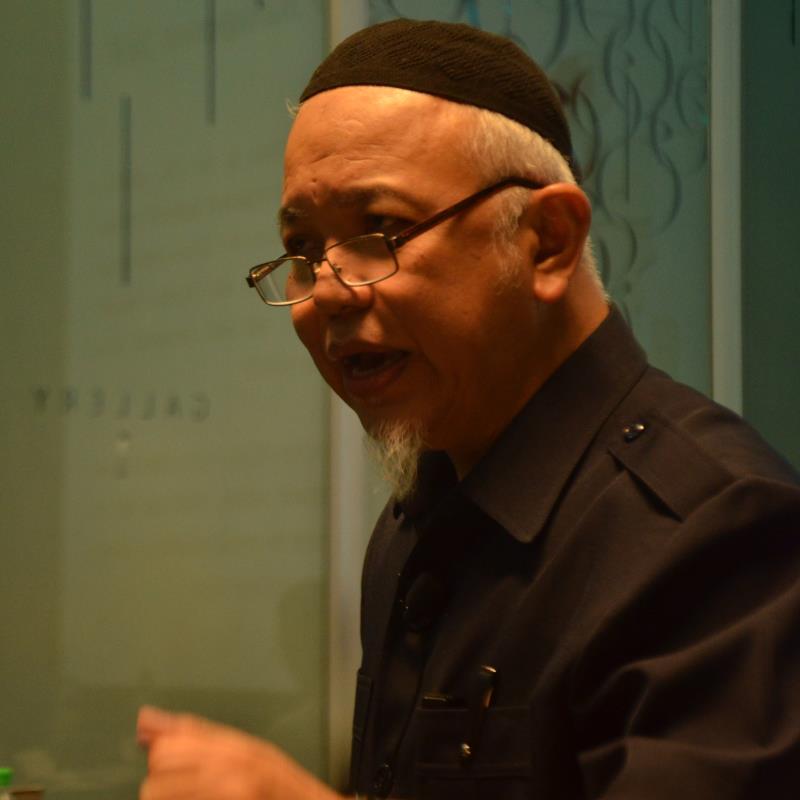 Professor Dato’ Dr Wan Azman Wan Ahmad
Professor Dato’ Dr Wan Azman Wan AhmadWhile a diagnosis of cancer is often met with concern and devastation, the same is barely true for heart failure. However, the mortality rate for those suffering from heart failure is worse than some common cancers, such as prostate and breast cancers.
Speaking at a World Heart Day media roundtable recently, Professor Dato’ Dr Wan Azman Wan Ahmad, professor of medicine and cardiology, University of Malaya and president of the National Heart Association of Malaysia (NHAM), said: “Heart failure has a significant impact on the country, bringing about detrimental effects on the lives of patients and their caregivers. In a clinical setting, we are seeing the impact of heart failure, with more patients being admitted due to heart failure complications every day.”
“We have experienced first-hand the devastating impact of heart failure and have come to realize that we must change the way we manage patients. From initiating preventive measures and early detection in high-risk groups to utilizing the latest research and pharmacological advancements, we need to take the necessary steps to improve patient outcomes. Only by making this a priority, can we address the rising costs associated with the disease,” said Dr Liew Houng Bang, head of Cardiology and Clinical Research Centre, Hospital Queen Elizabeth II, Kota Kinabalu.
Liew said the management of heart failure is a multidisciplinary effort comprising doctors, pharmacists, nurses, patients, caretakers, and dietitians with the guidelines providing the basis of care for everyone involved. He also touched on the topic of palliative care in heart failure patients, which is a topic frequently avoided. However, Liew said it is important to have conversations about palliative care in the heart failure setting, as it was unavoidable.
In the palliative care setting, healthcare personnel can provide patients with relief from pain and symptoms of heart failure. On the caregiver and family front, healthcare workers can provide emotional and spiritual support to the families. Families and caregivers may also be provided with assistance on practical issues, such as advance directives or insurance matters.
New guidelines lead the way
The National Heart Association of Malaysia (NHAM) released the 4th edition of the Clinical Practice Guidelines (CPG) for the management of heart failure earlier this year. It is available for download at https://www.malaysianheart.org/?p=cpg&a=1355.
The CPG provides a comprehensive and standardized guide for physicians to treat patients with heart failure. Backed by clinical research and evidence-based medicine, the new guidelines incorporate the latest treatments available and prioritizes an individualized approach to patient care. Some notable additions to the CPG include a specialized treatment approach for patients who fall into special groups such as those with diabetes, pregnant women, and adult patients with congenital heart disease. The new edition also sees the inclusion of more first-line treatment options, which can help to improve the overall outcomes for patients with chronic heart failure.
Wan Azman said: “As contributors to the CPG, Dr Liew and I recognize that the treatment of heart failure cannot be tackled with a one-size fits all approach. The holistic care of a patient with heart failure begins with a strong multidisciplinary approach, combined with our latest research-backed treatment modalities.
“Clinicians need to consider a patient’s overall goals, values, perspectives and preferences. Assessing patients on a case by case basis and tailoring treatment to their specific condition is still at the forefront of managing this disease,” he said.